Anesthesiologists as leaders outside the OR
Anesthesiologists can take on larger roles in the hospital system, including as executive leaders.
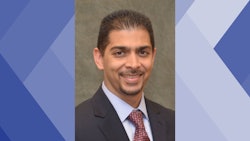
Anesthesiologists perform a critical role in the OR, yet that role also puts them in a unique position to interact with other specialties and become leaders in promoting quality and safety throughout the hospital.
That was the premise behind 2021’s session, “Anesthesiologists as Hospital Leaders: How We Can Contribute Beyond the Operating Room.”
Session moderator Aalok Agarwala, MD, MBA, FASA, said that it is more important than ever for anesthesiologists to take on bigger roles within the hospital system.
“Anesthesiology as a specialty is well respected with a history as having been leaders in patient safety science,” said Dr. Agarwala, who is Chief Medical Officer of Massachusetts Eye and Ear in Boston. “Practices are now broadly applicable in all areas of medicine. Learning what matters and how to influence key decision-makers is important, not only for our continued commitment to deliver the highest-quality care for our patients, but also for our specialty as a whole.”
Joining Dr. Agarwala were speakers Rosalie Tocco-Bradley, MD, PhD, MHSA, Chief Clinical Officer at Trinity Health Michigan; Amy Lu, MD, MPH, an anesthesiologist with the Stanford University School of Medicine; and George Blike, MD, MHCDS, Chief Quality and Value Officer at Dartmouth-Hitchcock Medical Center in Lebanon, New Hampshire.
Dr. Tocco-Bradley said that anesthesiologists, in particular, make strong, effective hospital leaders because of their unique perspective on how the many parts of the hospital work together, operationally.
“From the inpatient floors to the ORs to the PICUs and ICUs, anesthesiologists have experience working with many different teams and understand patient flow through what is often the highest revenue-generating area of the hospital – the OR suite,” she said. “In addition, anesthesiologists are recognized and respected for our critical care expertise and overall understanding of medical comorbidities that so often drive clinical outcomes. This knowledge and experience is especially important when making key decisions for a high-acuity hospital setting.”
However, taking on that leadership role can’t be accomplished without the proper skills. There are several areas anesthesiologists need to focus on to begin down that path, Dr. Lu said.
“Good physician leaders have excellent communication skills, can think strategically, and work collaboratively,” she said. “Hospital leadership is often more about creating consensus and using data to influence others to join a particular effort, rather than mandating compliance with new initiatives. Physician leaders also play a direct role in setting expectations for professionalism and managing unprofessional behavior.”
There are a number of advanced degrees that can help bolster those skills and knowledge, including a master’s in business administration, master's in public health and master's of science in health care management. The additional degree you consider pursuing will depend on your ultimate goals, according to Dr. Blike.
“Which degree you pursue and whether or not an advanced degree adds value is dependent on many factors, including a physician’s past experience and future goals,” he said. “The advanced business degree can serve to bring more credibility to the physician leader who seeks a role in executive management with the expectation of interfacing with finance, legal, marketing, and human resources.”
Ultimately, the session speakers all agreed that it is crucial for anesthesiologists to understand their role in patient care and critical medicine as part of a bigger and more complex set of relationships and interdependencies with physicians and clinical staff across a health care organization. Anesthesiologists should strive to work collaboratively and effectively with other clinical teams and hospital administrators to effect safety and quality of care across the entire continuum of a patient’s experience.
Visit Anesthesiology Today Annual Meeting News for more articles.
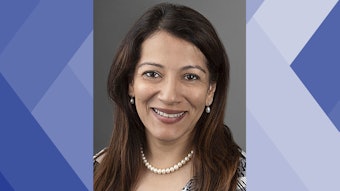




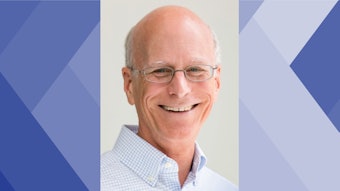
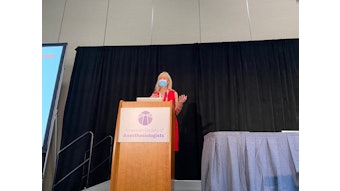
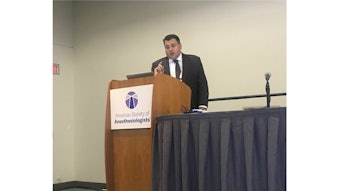
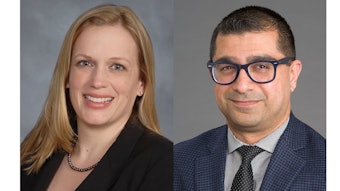
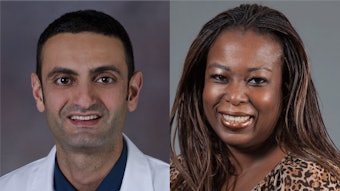
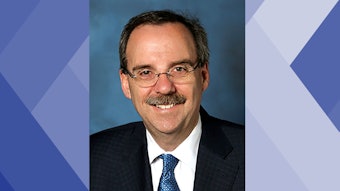
![Sharks[2]](https://img.ascendmedia.com/files/base/ascend/hh/image/2021/10/Sharks_2_.616369899ebe1.png?auto=format%2Ccompress&bg=fff&fill-color=fff&fit=fill&h=191&q=70&w=340)